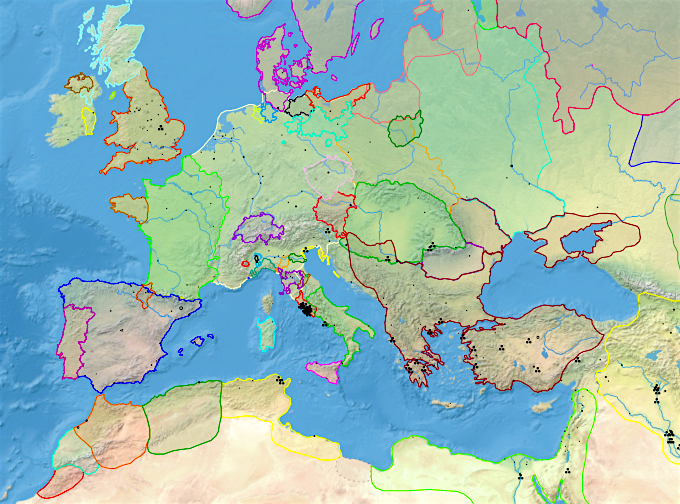The problem is that mechanics issue. Your gameplay mechanics have to be locked off.I'll give you that, in a sense they function as their own mini ages. But the fact is though that every civ transitions on the exact same turn.

Running Reality - The World History Model
Explore any date in the history of human civilization from 3000BC to today.www.runningreality.org
The website above shows a mad of the world over time. While there's periods where a lot of things change at once there's no one year where the map becomes unrecognizable. Crises should feel substantial but the issue is they shake things up in an instant instead of being overarching periods of change.
That's why I think crises should open up the window of time in which you must switch civs instead of building up to the decision of a single turn at the very end of a crisis.
However, they do sort of spread out your “becoming” a new civ
At the beginning of the Age
-The only Social Policies you have are Traditions from your previous civ
-The only effect you current civ has is the Unique Ability and Units
To acquire the rest of your Civ Unique features, you need to “research” the Unique civics….and the old civ Traditions can be retained the whole age…. or replaced with generic Social Policies of the new Age or Traditions of your new civ as they become available.
Last edited:
